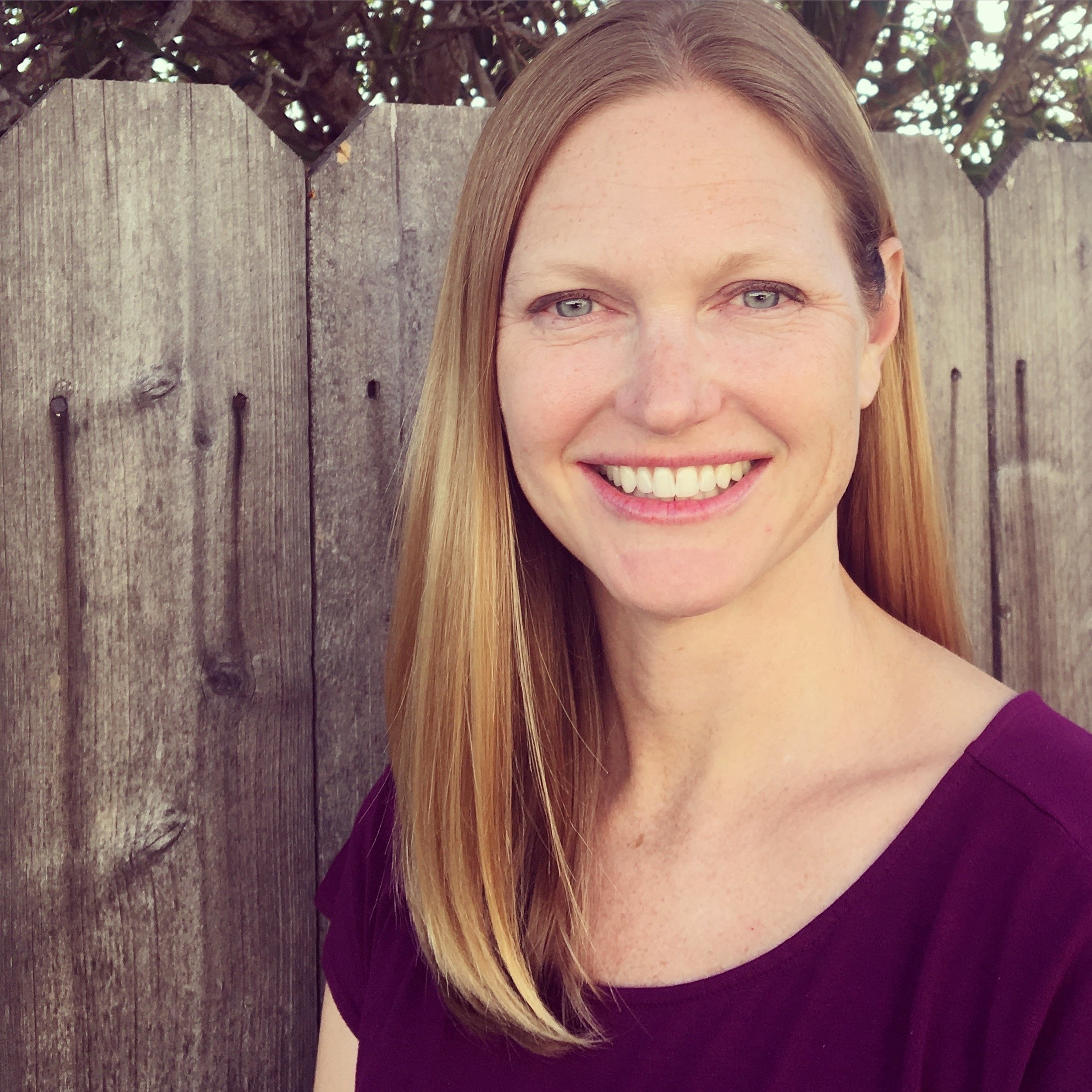Symptoms of Postpartum Depression
Postpartum Depression Symptoms
As a therapist in Palm Desert, I work with women and their partners to help improve the symptoms of postpartum depression. As much work as has occurred in terms of increasing awareness about postpartum depression, it is still often unrecognized in postpartum women and those spending time with them. This list is a guide that might lead you to speak to a therapist, your prescribing physician or your loved ones to help get you help or the postpartum woman in your life the help she needs and deserves.
Postpartum Depression (PPD) is a specific type of mood disorder that affects as many as 1 in 5 women after giving birth. The symptoms of PPD can vary in severity and may include:
Persistent Sadness: Feeling consistently sad, down, or experiencing a depressed mood that lasts most of the day, nearly every day.
Loss of Interest or Pleasure: Losing interest in activities or hobbies that were once enjoyable.
Changes in Appetite and Weight: Significant changes in appetite, leading to either overeating or a decreased appetite, which can result in weight gain or loss.
Sleep Disturbances: Experiencing difficulties falling asleep or staying asleep (insomnia), or oversleeping (hypersomnia), often despite being exhausted.
Fatigue and Low Energy: Feeling extremely tired or lacking energy to perform daily tasks.
Feelings of Worthlessness or Guilt: Experiencing excessive or irrational guilt, shame, or feelings of worthlessness.
Difficulty Concentrating or Making Decisions: Struggling to focus, concentrate, or make decisions, even on minor matters.
Irritability and Anger: Becoming easily irritated, agitated, or having mood swings. This can manifest as irritability rather than sadness in some individuals.
Physical Symptoms: Some individuals with PPD may also experience physical symptoms such as headaches or stomachaches that do not have an apparent medical cause.
Withdrawal from Social Activities: Avoiding social interactions and isolating oneself from friends and family.
Thoughts of Self-Harm or Harming the Baby: In some cases, women with PPD may have disturbing thoughts or images of self-harm or harming their baby.
It's essential to note that Postpartum Depression typically occurs within the first few months after childbirth, but it can develop anytime within the first year postpartum. These symptoms can interfere with a mother's ability to care for herself and her baby, as well as negatively impact the mother-infant bond.
If you or someone you know is experiencing symptoms of PPD, it's crucial to seek help from a healthcare provider or Maternal Mental Health professional. PPD is treatable, and various forms of therapy, support groups, and sometimes medication can be effective in managing and alleviating its symptoms. Early intervention is essential for the well-being of both the mother and the baby.
Lauren Fox, LCSW, PMH-C works exclusively with women in the perinatal period and those with children 0-3 years old.
I hope this blog about Postpartum Depression Symptoms was helpful for you. Read here if you’d like to know more about Perinatal Mood and Anxiety Disorders. If you are looking for a perinatal and/or postpartum therapist, reach out to me! I can also help point you in the direction of local Coachella Valley doulas, physicians, birthing centers and vendors like photographers, balloons and catering for baby showers, etc, etc. We can schedule a 15 minute phone consultation to discuss what is happening for you and explore if more individualized mental health support could be beneficial for you. I would be happy to help get you connected. Feel free to call me at 805-930-9355 for a free 15 minute phone consultation. If you are looking for help with pregnancy, postpartum, pregnancy loss, infertility, birth trauma, hypnotherapy, or new mothers support groups, you can read more about how I can help within this website.
Serving the Coachella Valley and surrounding areas, including: Palm Springs, Cathedral City, Rancho Mirage, Indian Wells, Thousand Palms, Palm Desert, La Quinta, Indio, Bermuda Dunes, Coachella, Thermal, Mecca, Desert Hot Springs, Yucca Valley, Joshua Tree and virtually across the state of California.
Therapist Palm Desert, Therapist Palm Springs, Postpartum Therapist Palm Desert, Postpartum Therapist Palm Springs, Postpartum Depression Palm Desert, Postpartum Depression Palm Springs, mom support groups near me
